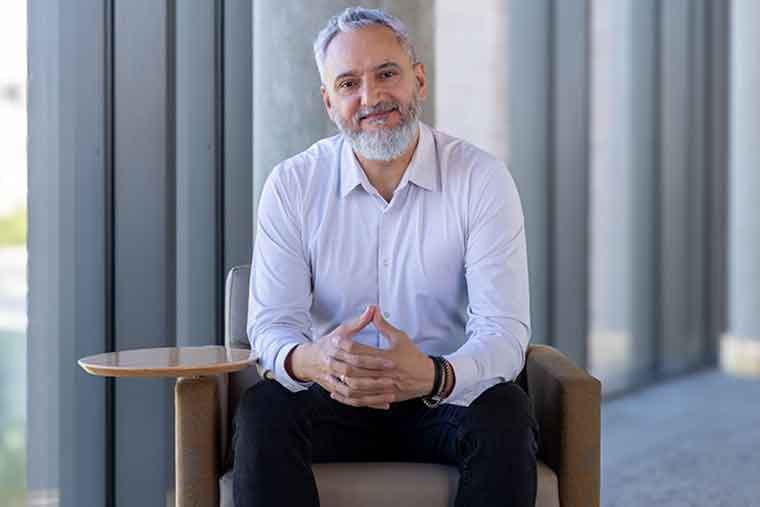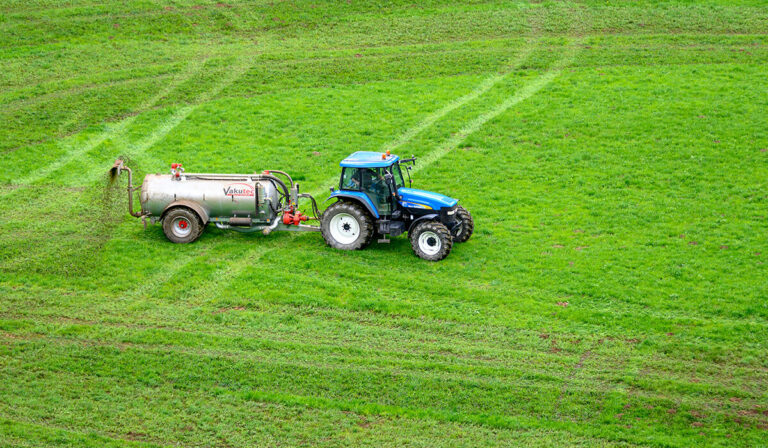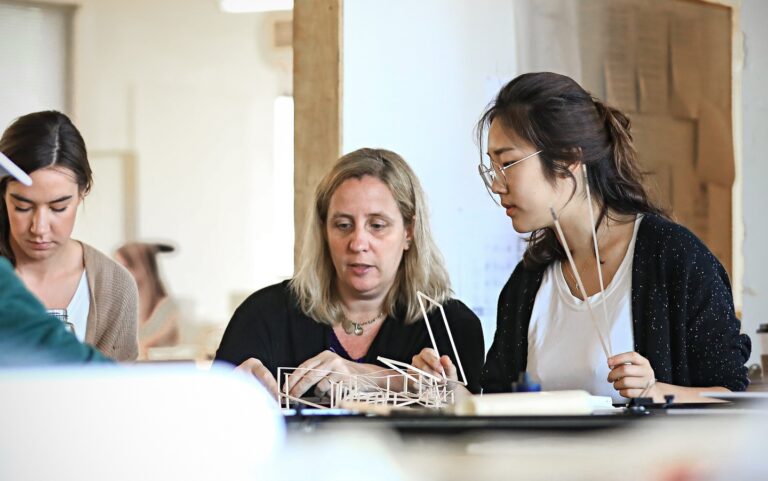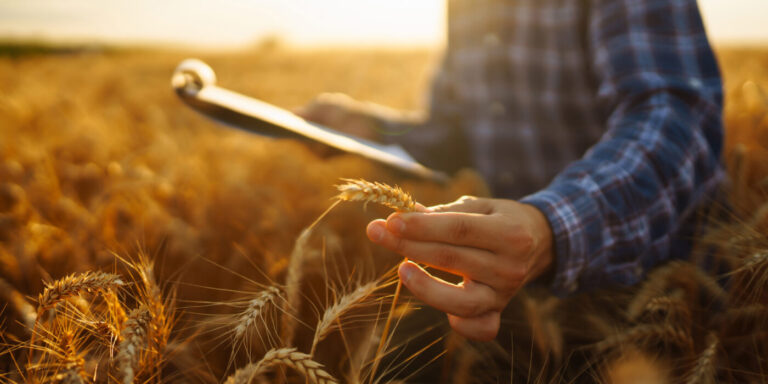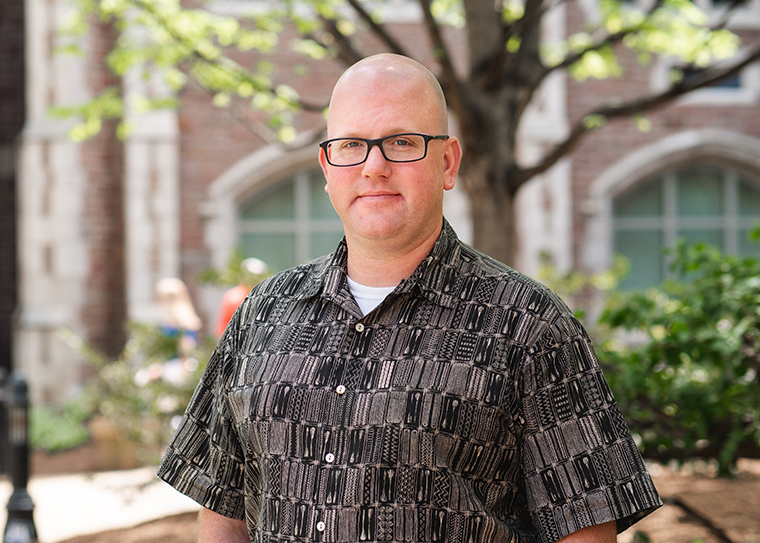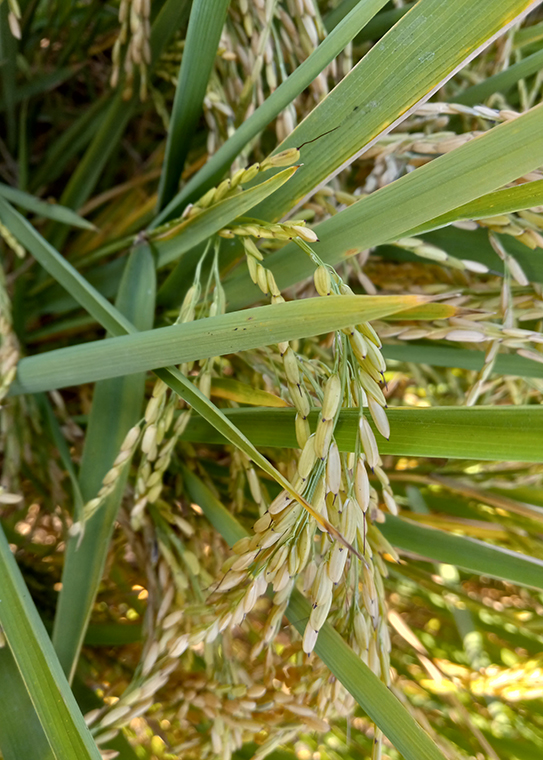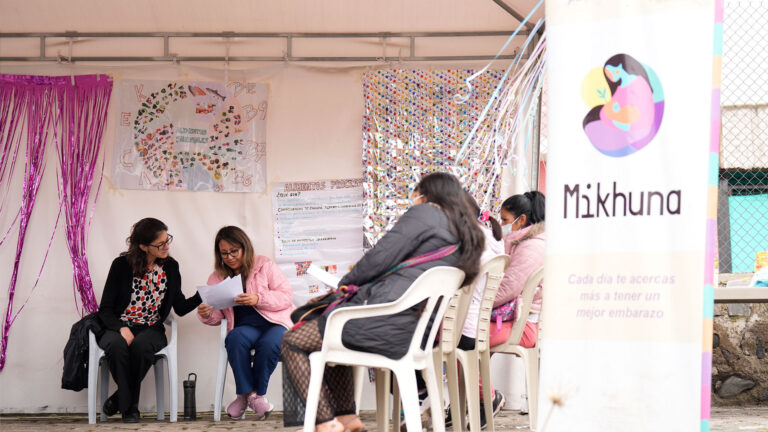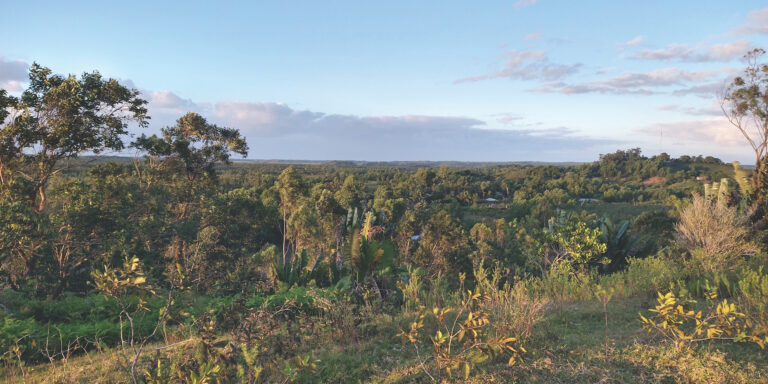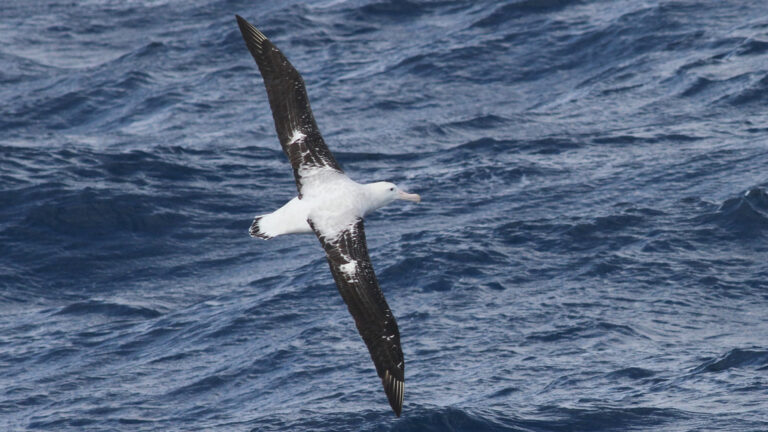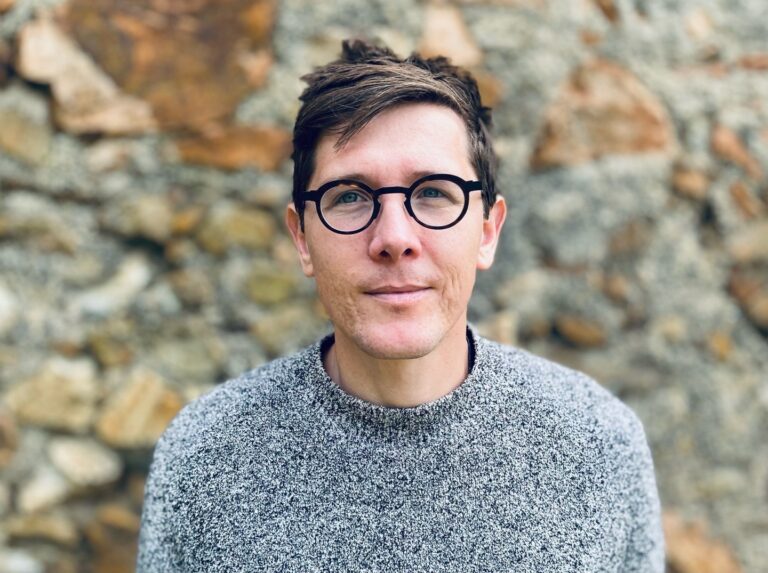Reis named co-editor of Journal of Physical Activity and Health
SHARE
Reis
Rodrigo S. Reis, a professor at the School of Public Health and an expert on the intersection of physical activity, the built environment and health, has been appointed co-editor of the Journal of Physical Activity and Health.
Inactive components in agricultural runoff could contribute to drinking water hazards
Researchers find ingredients in herbicides may be precursors to harmful contaminants in drinking water
Freixas’ research project Segregation by Design to receive Provost Impact Award
Associate Professor Catalina Freixas has received a Provost Impact Award through WashU’s Confluence Collaborative for her research project, Segregation by Design.
WashU launches FARM to drive food system transformation
At a critical juncture for agriculture and public health, Washington University in St. Louis is launching the Food and Agriculture Research Mission (FARM), an ambitious initiative that aims to address challenges in agricultural production, food distribution and access to nutritious foods by developing practical, scalable solutions for global impact.
WashU-led astrophysics mission lands its spot on space station
An experiment led by researchers at Washington University in St. Louis is one step closer to space.
Across southeastern US, weedy rice steals herbicide resistance from crop rice
Weedy rice is a close relative of cultivated rice that infests rice fields worldwide and drastically reduces yields. To combat this agricultural pest, rice growers in the southeastern United States have been planting rice cultivars that were tweaked to allow them to apply herbicides that target weedy rice without harming the crop.
Halting hidden hunger
Can improved nutrition during pregnancy help prevent stunted growth in children around the world? With partners in Ecuador, Lora Iannotti studies the effects of maternal diet on infant brain development.
Saving forests and alleviating poverty
WashU sophomores work with villagers in rural Madagascar to conserve biodiversity.
Island biodiversity rides on the wings of birds
Bird wing shape is a trait that influences biodiversity patterns on islands around the world, according to research from WashU biologists.
Denizen Awarded Global Incubator Seed Grant
Assistant Professor Seth Denizen was awarded a Global Incubator Seed Grant for his collaborative project on wastewater urbanism with Christina Seibe at the National Autonomous University of Mexico.
